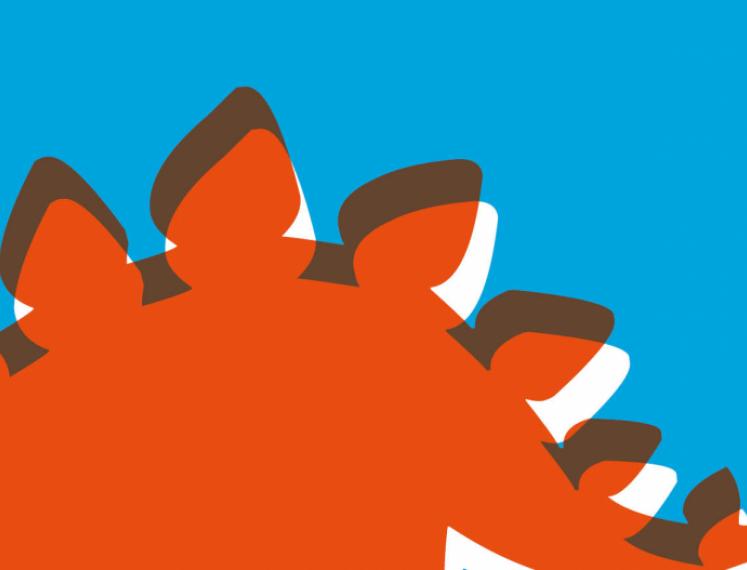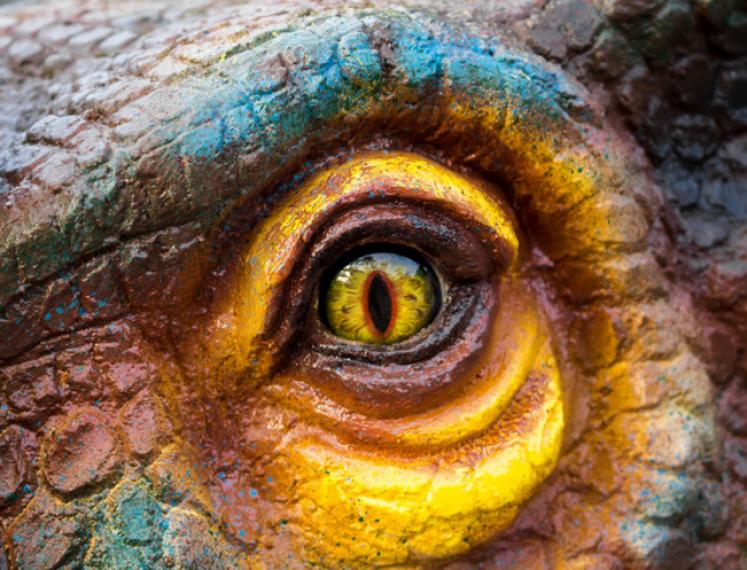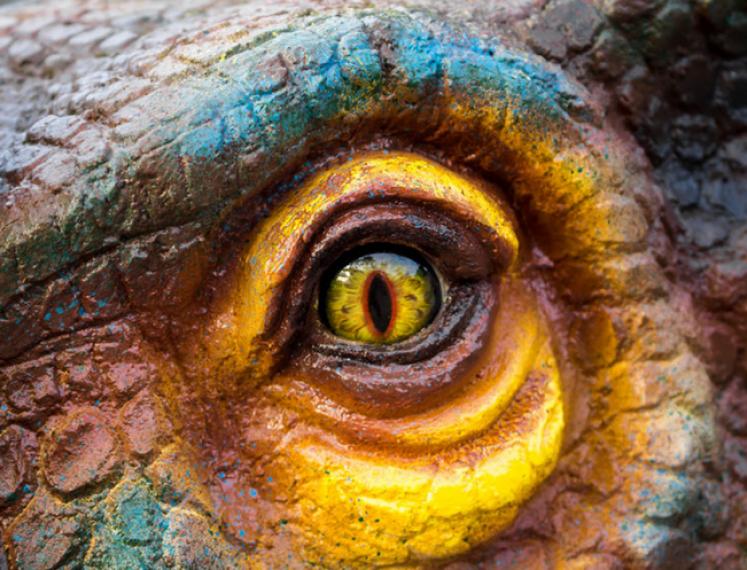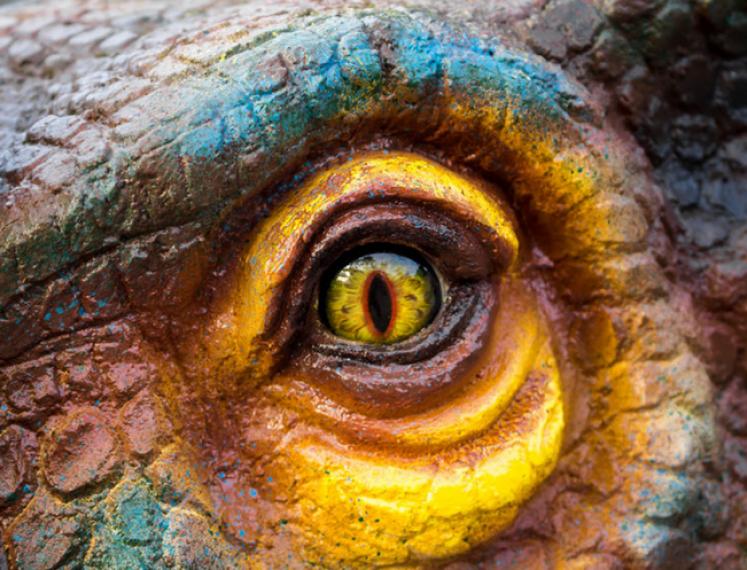
Time Travelling with Ancient Fossils
What is so fascinating about dinosaurs? This month, we explore our dinomania in a lecture series. Last Tuesday, palaeontologist Steve Brusatte talked about where dinosaurs came from and how some of them lived on as today's birds. On September 22, palaeontologist Anne Schulp will show us how to hunt for dinosaurs: from finding the first bones to getting the whole skeleton to the surface. We asked him three questions in advance.
Q: Where does your own fascination from dinosaurs come from that made you research these creatures?
A: It’s more about palaeontology in general, as you can’t look at dinosaurs without their context anyway. I guess it’s all about the fact that studying fossils is as close as you’d ever get to time travel. It opens up a view to a world long gone, and helps to put the here and now as well as our future in perspective.
Q: What unexpected fact(s) about dinosaurs did you discover during research?
A: What really amazes me, is the progress I saw during the last two decades or so in applying new technologies to the study of ancient fossils. The view we have now on a world no human ever saw, has progressed incredibly in clarity and detail.
Q: What myth breaker can you tell us about dinosaurs?
A: Everybody seems to like to think of T. rex with it’s scary mouth wide open, teeth and all… Or at least, that’s how they always end up being depicted. I would assume though they had their mouth shut 99% of the time, but somehow that doesn’t resonate in the eye of the public. I’d love to see more rexes with their mouth shut!
Read on...
In September, you’ll get a 10% discount on the book The Rise and Fall of the Dinosaurs from Steve Brusatte at Boekhandel van der Velde Grote Markt in Groningen (store only) if you mention Studium Generale with your purchase. Can’t get enough of dinosaurs? They also selected these two other books for this discount: The Dinosaurs Rediscovered: How a Scientific Revolution is Rewriting History by Michael J. Benton and Too Big to Walk: The New Science of Dinosaurs by Brian J. Ford.


